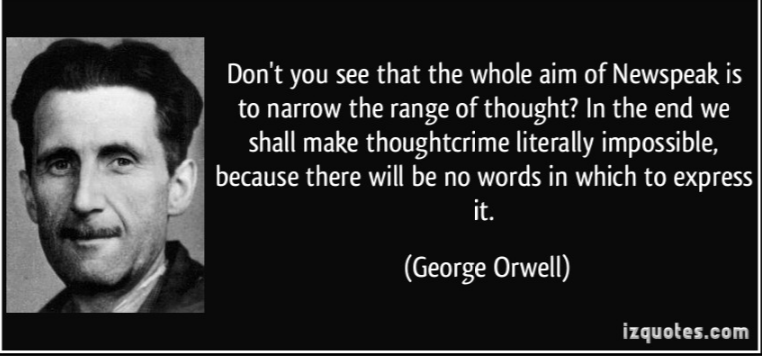How Pagan Writings Convinced a Famous Atheist to Convert to Christianity0
- Culture
- May 23, 2016
Late last week, the New York Times reported on a new academic chair at the University of Miami. The chair will foster “the study of atheism, humanism and secular ethics,” and is thought to be the first of its kind in the nation. According to the Times, the establishment of such a chair reflects the
READ MORE











